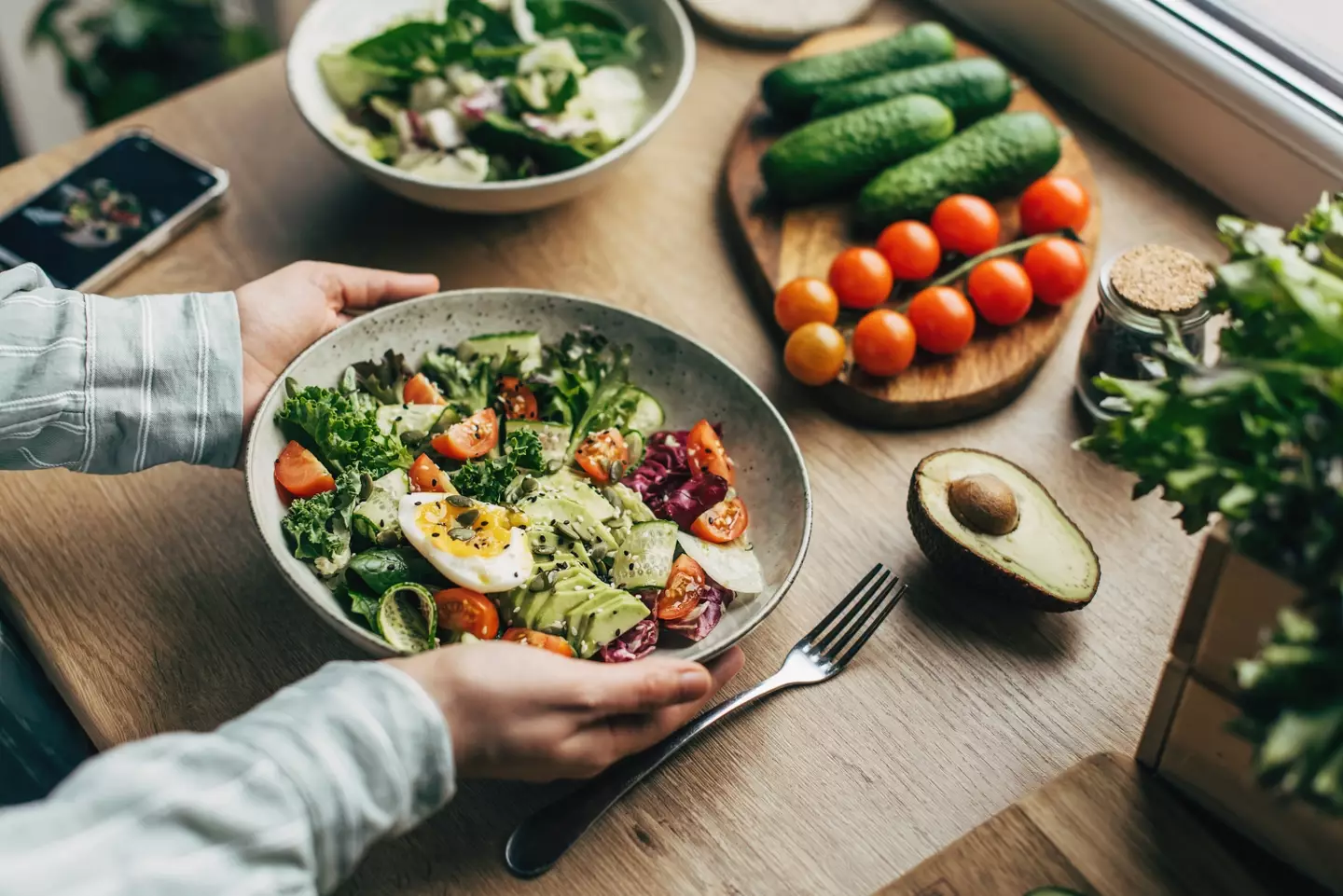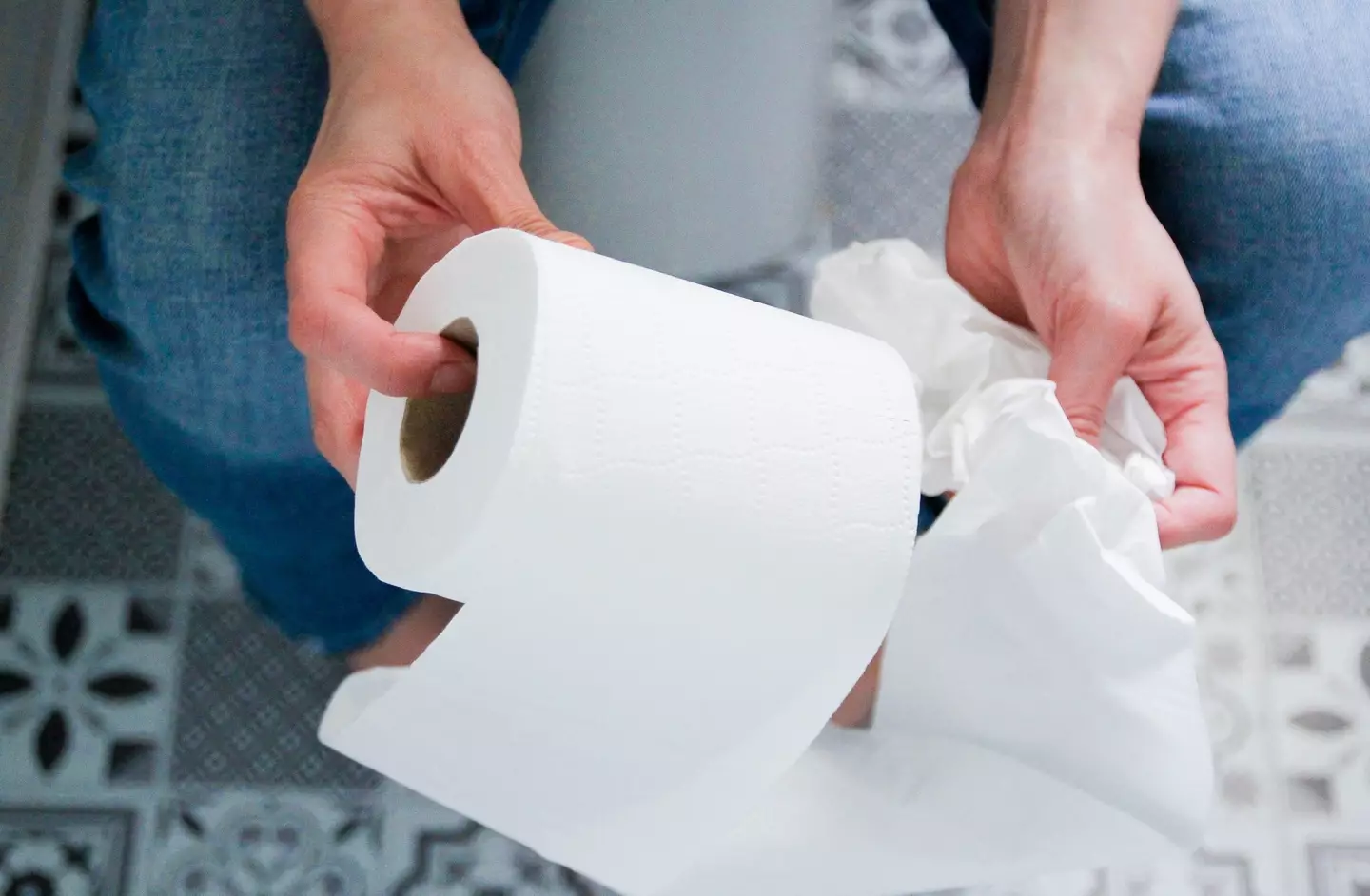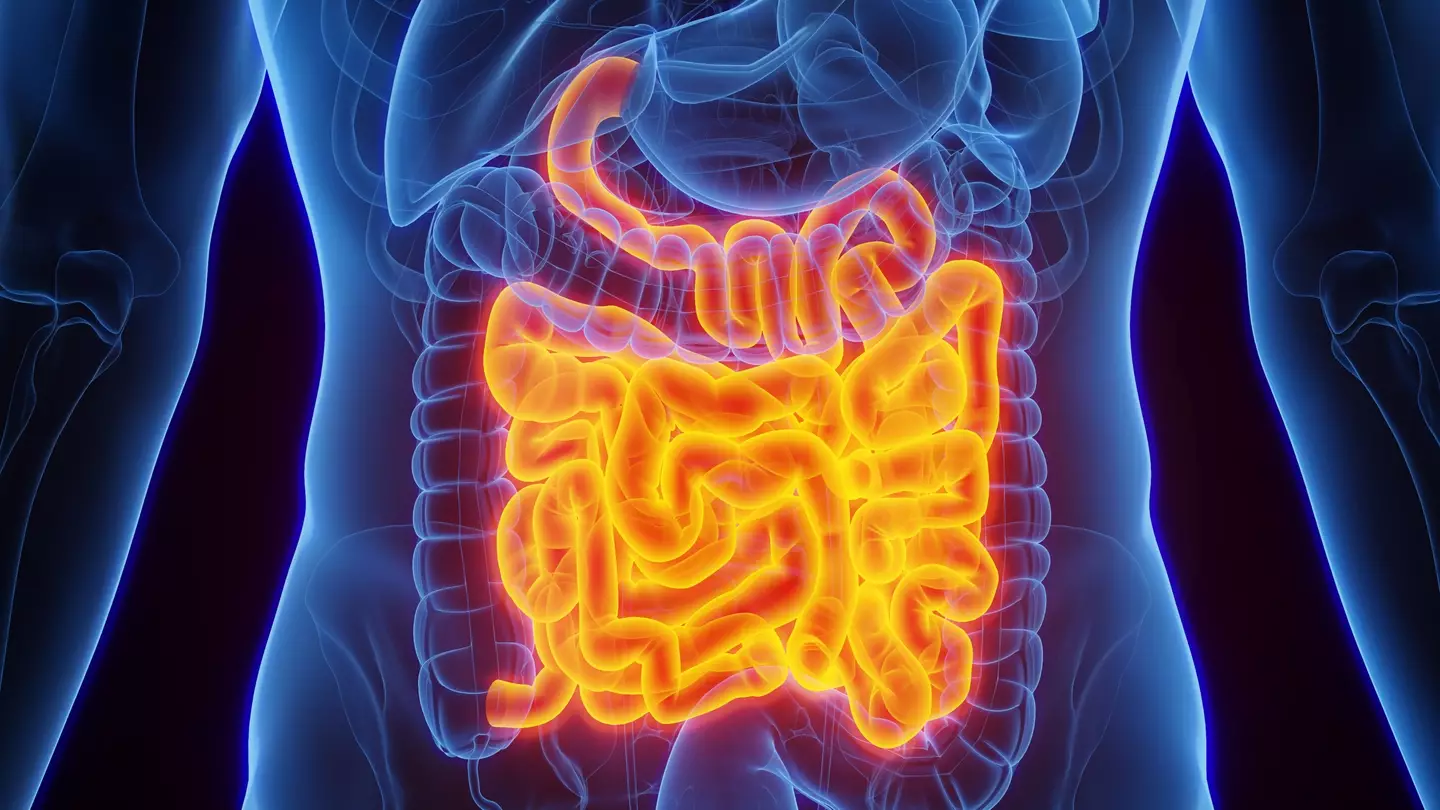A doctor has explained what it means if you need to visit the restroom immediately after eating.
Discussing bowel movements may be a bit uncomfortable, but it’s a universal human experience, so let’s get into it. If you find yourself rushing to the toilet right after a meal, rest assured, “you’re not alone,” according to a TikTok doctor.

Dr. Joseph Salhab, a board-certified gastroenterologist, shared on TikTok earlier this year that if you need to use the bathroom right after eating, it’s not because the meal has traveled through your entire gastrointestinal tract instantly.
Instead, he clarifies: “When you eat and you feel like you have to use the restroom right after, this is something called the gastrocolic reflex.”

According to VeryWell Health: “The gastrocolic reflex is a physiological reflex that stimulates movement in your lower gastrointestinal (GI) tract after eating.
“It isn’t a disease or medical condition, but rather a normal reflex that helps your body make room for more food within your GI tract after eating.”
Dr. Salhab elaborates, explaining that when ‘your stomach stretches, signals are sent to your brain, which then sends signals to your colon’.
“Your colon then begins to contract to make more room for the food. That reflex makes you have to use the restroom right after you eat,” he adds. “Because your colon normally houses stool and water, what’s actually coming out is old digested food and water.”
Some individuals experience a ‘heightened sensitivity’ to this reflex.

People with irritable bowel syndrome (IBS) may have a particularly sensitive gastrocolic reflex.
The Cleveland Clinic describes IBS as a condition that “causes uncomfortable or painful abdominal symptoms,” with symptoms including ‘constipation, diarrhea, gas and bloating’.
Dr. Salhab continues: “Certain people after they eat get really bad abdominal pain or cramping and even diarrhea because the contractions of the colon can be very powerful and very forceful.”
Fortunately, there are measures you can take to alleviate these symptoms.
A low FODMAP (fermentable oligosaccharides, disaccharides, monosaccharides, and polyols) diet can help you pinpoint foods that your gut may be sensitive to.
Dr. Salhab also advises avoiding ‘carbonated beverages, alcohol, certain citrus foods, dairy, and fried or fatty foods’—basically, items that are often very enjoyable.
However, he notes that there is no ‘one-size-fits-all’ solution, as everyone’s digestive system is unique, but following a low FODMAP diet can help determine which foods are suitable for you.
